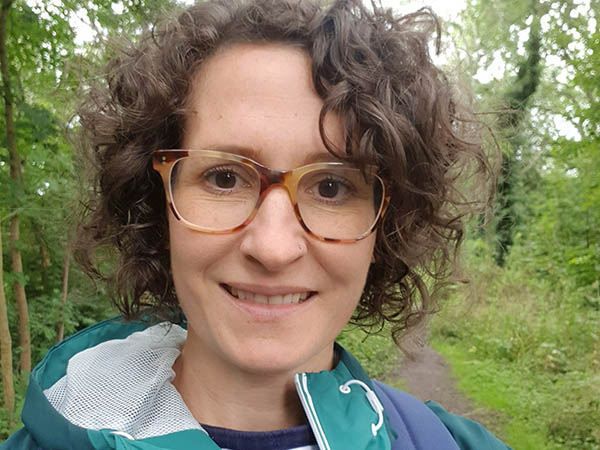Sensing Sugaropolis: Moving Beyond the Local Scale in Sensory Geography Research
April 25, 2024

Start time: 4:00 p.m.
End time: 5:00 p.m.
Location: Hibbs Hall, Room 308
Dubbed "Sugaropolis" in the nineteenth century, Greenock, Scotland was a central hub where cane sugar from Caribbean plantations was refined, packed, and sold on to British consumers and industries. This talk will explore that history by taking the audience on a sensory journey punctuated with the smells, tastes, sights, and sounds of sugary places in Greenock: from the "sickly sweet" smells of the shipyard to the burnt taste of pan sugar from the factory; from the horrible stench of the "old bone factory," where charcoal made from animal bones was used to purify sugar from 1834-2014, to the wonderful sight of "all the jars" in the sweet shop; from the peculiar taste of "sugar alley water" (homemade liquorice soda pop) in a child's bedroom, which satisfied sugary desires during the period of rations, to a return to the now derelict shipyard, where remembered sounds of ships, men, and machines give way to a 'ghost-like' sense of loss. In combining this 'follow the place' sensory method with historical geographical research, Dr. Wilson seek to broaden the scope of sensory geographies research beyond the local scale and towards what Doreen Massey called a "global sense of place."
Co-sponsors: MATX, the Humanities Research Center, and the English Department at VCU.
About the Speaker
Marisa Wilson’s work focuses on food and climate justice, with a focus on Cuba, Trinidad and Tobago, Jamaica and trans-Atlantic sugar networks linking the Caribbean and Scotland. She uses ethnographic, oral history, sensory and visual/digital methods to increase understandings of food production and consumption in (post)colonial contexts. Her work on Caribbean food economies illustrates cultural, historical and political economic reasons behind food preferences, agricultural land use and, more recently, the outcomes of nutrition and other interventions aimed at re-localising food.